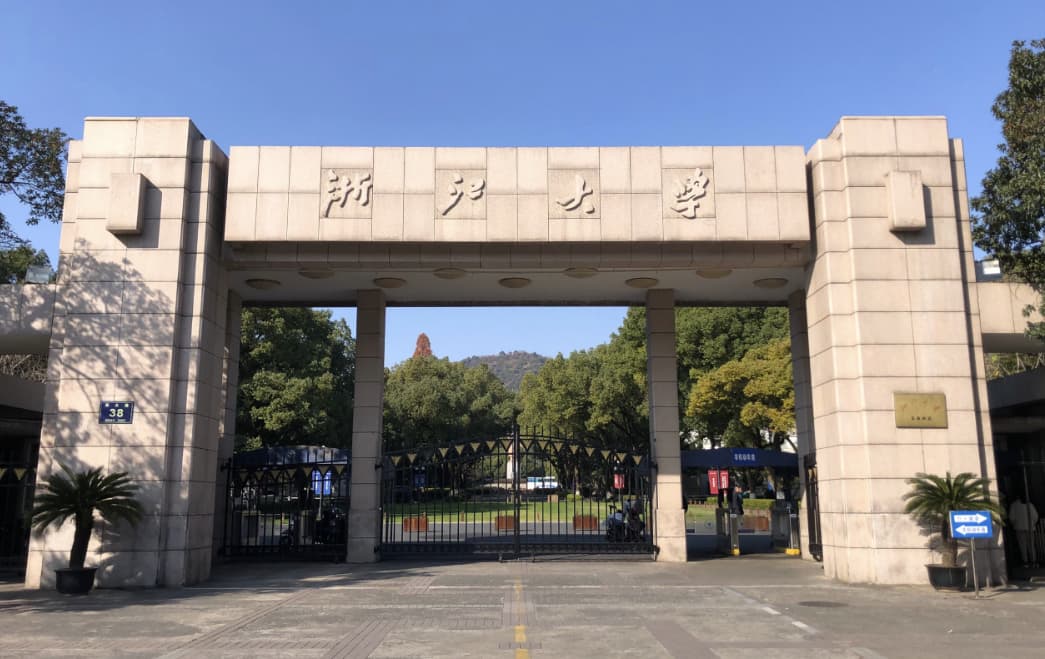Mastering Key Exam Strategies: Your Ultimate Guide to Success
Are you struggling to prepare for your exams effectively? Do you find yourself overwhelmed by the sheer volume of material and unsure where to start? Look no further! This comprehensive guide is designed to help you navigate the complexities of exam preparation with confidence. We've compiled the most frequently asked questions about study strategies, time management, and test-taking techniques, all answered in a way that's easy to understand and implement. Whether you're a beginner or looking to refine your approach, our insights will empower you to achieve your academic goals.
Frequently Asked Questions
1. How can I effectively manage my time during exam preparation?
Time management is a critical skill for successful exam preparation. To begin with, it's essential to create a realistic study schedule that allocates specific time slots for each subject or topic. This approach helps you avoid last-minute cramming and ensures balanced coverage of all material. Additionally, breaking down larger tasks into smaller, manageable chunks can make studying less daunting. For instance, if you're preparing for a history exam, you might dedicate two hours each day to studying different periods, rather than trying to cover everything in one sitting. Another effective strategy is to use the Pomodoro Technique, which involves studying for 25 minutes followed by a 5-minute break. This method enhances focus and prevents burnout. Moreover, don't forget to include regular review sessions in your schedule. Revisiting previously studied material reinforces your understanding and improves retention. Lastly, prioritize your tasks based on their importance and urgency. By tackling high-priority subjects first, you ensure that you cover the most critical material before the exam. Remember, consistency is key, so stick to your schedule as closely as possible. With these strategies, you'll be able to manage your time effectively and approach your exams with confidence.
2. What are some effective study techniques for retaining information?
Retaining information effectively requires a combination of smart study techniques and consistent effort. One highly recommended method is active learning, which involves engaging with the material through techniques such as summarizing key points in your own words, teaching the content to someone else, or creating flashcards. These actions force your brain to process and recall information, making it more memorable. Another powerful technique is the use of mnemonics, which helps you remember complex information by associating it with familiar phrases or images. For example, to remember the order of the planets, you might use the acronym "My Very Educated Mother Just Served Us Noodles." Additionally, spaced repetition is a proven strategy that involves reviewing material at increasing intervals. This method leverages the spacing effect, which shows that information is better retained when study sessions are spaced out over time rather than crammed together. Visual aids such as mind maps and diagrams can also enhance retention by providing a clear, organized overview of the material. Moreover, incorporating varied study methods, such as reading, writing, listening to lectures, and participating in group discussions, can cater to different learning styles and reinforce understanding. Lastly, ensure you're studying in a conducive environment that minimizes distractions. A quiet, well-lit space can significantly improve focus and retention. By combining these techniques and maintaining a consistent study routine, you'll be well-equipped to retain and recall information effectively during exams.
3. How can I reduce exam anxiety and perform my best on test day?
Exam anxiety can significantly impact your performance, but there are effective strategies to manage it and ensure you perform your best. First and foremost, it's crucial to prepare thoroughly. The more confident you feel in your knowledge, the less anxious you'll be. Start by creating a study plan well in advance of the exam, allowing ample time to cover all necessary material. Break down your study sessions into manageable chunks to avoid feeling overwhelmed. Additionally, practice with past papers or mock exams to familiarize yourself with the format and timing of the actual test. This preparation can reduce uncertainty and build your confidence. On the day of the exam, adopt relaxation techniques to calm your nerves. Deep breathing exercises, progressive muscle relaxation, or mindfulness meditation can be particularly helpful. Arriving early gives you time to settle in and avoid last-minute stress. Dress comfortably and bring all necessary materials, such as pens, pencils, and water, to avoid unnecessary disruptions. During the exam, if you feel overwhelmed, take a moment to pause and breathe deeply. Remember to read instructions carefully and manage your time effectively to avoid rushing. If you're stuck on a question, don't panic—move on and return to it later if time permits. Finally, practice positive self-talk to boost your confidence. Remind yourself that you've prepared diligently and are capable of doing well. By implementing these strategies, you can reduce exam anxiety and approach the test with a clear, calm mind, ultimately performing to the best of your abilities.


.jpg)
.jpg)
.jpg)
.jpg)

.jpg)

.jpg)
.jpg)